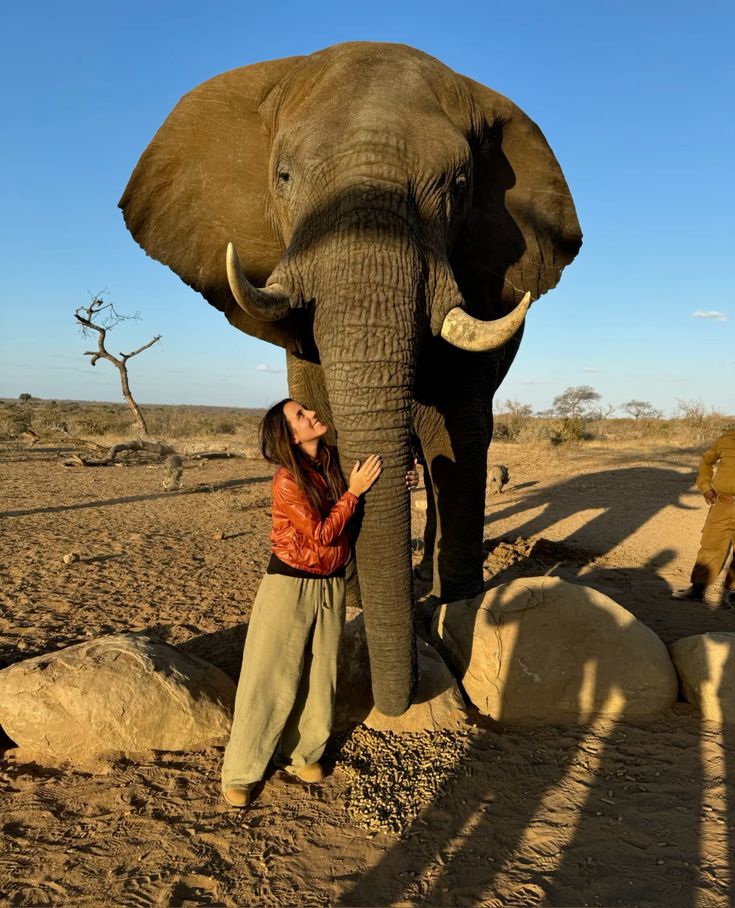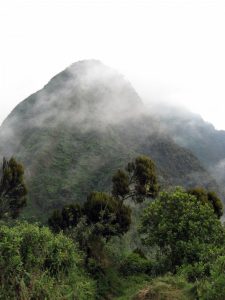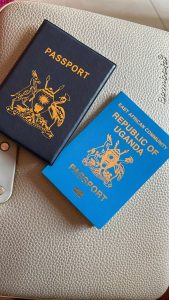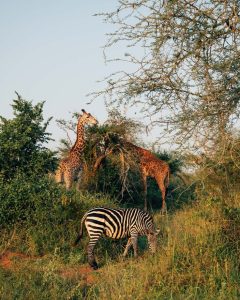The minimum price for an African safari
The minimum price for an African safari can vary widely depending on factors such as the country, duration, level of luxury, and the activities included. Here’s a breakdown of what to expect at different budget levels:
1. Budget African Safaris
Budget safaris are perfect for travelers who want an authentic experience without the frills of luxury accommodations.
- Cost: $125–$250 per person, per day
- Countries: Countries like Kenya, Tanzania, Uganda, South Africa, and Namibia offer budget options.
- Features:
- Basic accommodations (camping or budget lodges).
- Shared transport (often overland trucks or safari vans).
- Limited inclusions (e.g., fewer game drives or activities).
- Examples:
- Camping Safari in Kenya’s Maasai Mara: Starting at $125 per day, includes game drives and camping.
- Overland Safari in Southern Africa: Shared group tours covering multiple countries (e.g., South Africa, Botswana, Namibia).
2. Mid-Range African Safaris
Mid-range safaris offer a balance between cost and comfort, providing better accommodations and private or small-group tours.
- Cost: $250–$500 per person, per day
- Countries: Almost all safari destinations offer mid-range options.
- Features:
- Comfortable lodges or tented camps.
- Private or small-group game drives.
- Some meals and park fees included.
- Examples:
- Serengeti Safari in Tanzania: Starting at $300 per day, with mid-range lodges.
- Uganda Gorilla Trekking and Wildlife Safari: From $900 per day, combining gorilla permits and mid-range stays.
3. Luxury African Safaris
Luxury safaris are designed for travelers seeking premium comfort, exclusivity, and personalized experiences.
- Cost: $500–$1,500+ per person, per day
- Countries: South Africa, Botswana, Tanzania, Kenya, Rwanda, Zambia, and Zimbabwe are known for luxury options.
- Features:
- High-end lodges or tented camps with gourmet dining.
- Private game drives or exclusive-use vehicles.
- Additional experiences like hot air balloon safaris or bush dinners.
- Examples:
- Okavango Delta in Botswana: From $1,000 per day, featuring luxurious tented camps.
- Gorilla Trekking in Rwanda: Starts at $1,500 per day, with high-end lodges like Bisate Lodge.
4. Factors That Influence Safari Costs
Several factors impact the cost of an African safari:
- Destination:
- Budget-friendly: Kenya, Tanzania, Uganda, and Namibia.
- High-end destinations: Botswana, Rwanda, and private conservancies in South Africa.
- Duration:
- A 3-day budget safari may cost as little as $400–$600.
- A week-long mid-range safari might range from $1,500–$3,000.
- Activities:
- Gorilla trekking permits in Uganda ($700) or Rwanda ($1,500) add significant costs.
- Specialty activities like balloon safaris or walking safaris increase the price.
- Season:
- Low Season (April–May): Lower prices for accommodations and tours.
- Peak Season (June–October): Higher prices due to increased demand.
- Group Size:
- Private safaris cost more than shared group tours.
5. How to Save on Safari Costs
- Travel Off-Peak: Visit during the rainy season (green season) for discounts.
- Join Group Tours: Sharing transport and guides reduces costs.
- Choose Budget-Friendly Destinations: Countries like Namibia, Uganda, and Kenya offer excellent value.
- Self-Drive Safaris: In countries like South Africa or Namibia, self-driving in national parks can be a more affordable option.
- Book Early: Many operators offer discounts for early bookings.
Conclusion
The minimum price for an African safari starts at approximately $125 per person, per day for budget options, but costs can go much higher depending on your preferences and activities. By choosing the right destination, season, and tour type, you can tailor your safari experience to fit your budget while still enjoying Africa’s incredible wildlife and landscapes.




